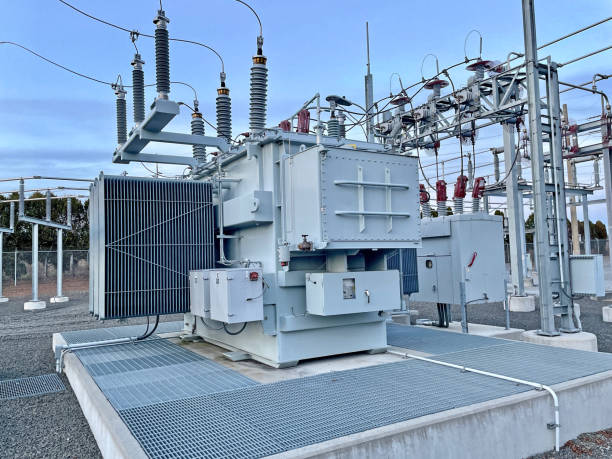BY AISHA ABUBAKAR TIJJANI
Despite being one of the largest oil producers in Africa and possessing abundant natural gas reserves, the country struggles to provide stable electricity to its citizens and businesses.
Nigeria’s persistent energy crisis remains a significant obstacle to economic growth and development.
Despite being one of the largest oil producers in Africa and possessing abundant natural gas reserves, the country struggles to provide stable electricity to its citizens and businesses.
With power outages and load shedding a daily reality for many, the energy crisis has stifled industrialization, increased the cost of living, and reduced the quality of life.
The root causes of Nigeria’s energy crisis are deeply embedded in systemic inefficiencies and mismanagement.
The country’s power infrastructure is outdated and insufficient to meet the demands of a growing population of over 200 million people.
Decades of underinvestment in power generation, transmission, and distribution have left the national grid fragile and prone to collapse.
It is not uncommon for the entire grid to fail, plunging vast parts of the country into darkness.Another critical issue is the heavy reliance on fossil fuels for energy production.
While Nigeria has enormous natural gas reserves, poor infrastructure and inadequate policies have limited its effective utilization.
Furthermore, the country’s energy mix lacks diversification, with renewable energy sources such as solar, wind, and hydropower underdeveloped.
This over-reliance on non-renewable energy has not only exacerbated the energy crisis but also contributed to environmental degradation.
The economic implications of the energy crisis are profound. Businesses, particularly small and medium-sized enterprises (SMEs), are forced to rely on expensive diesel generators to power their operations, significantly increasing production costs.
This has made Nigerian goods less competitive in international markets and hindered job creation.
The crisis also discourages foreign investment, as companies view the unreliable energy supply as a major risk.For ordinary citizens, the energy crisis translates to a higher cost of living.
Households spend a significant portion of their income on alternative energy sources, such as generators, fuel, and inverters.
The lack of reliable electricity also impacts education, healthcare, and other critical services, as schools and hospitals struggle to operate effectively without power.
Efforts to address the energy crisis have yielded limited results. Reforms such as the privatization of the power sector were intended to improve efficiency and attract investment, but progress has been slow due to regulatory bottlenecks and corruption.
Initiatives to expand renewable energy projects, such as the solar-powered mini-grid systems in rural areas, have shown promise but remain insufficient to meet national demand.Solving Nigeria’s energy crisis requires a comprehensive approach.
Investments in modernizing and expanding power infrastructure are crucial, alongside policies that promote energy efficiency and diversification.
Developing renewable energy sources, particularly solar and wind, can help bridge the energy gap while reducing environmental impact.
Strengthening regulatory frameworks and addressing corruption in the energy sector are also vital to ensuring accountability and efficiency.
The energy crisis In Nigeria is a long-standing challenge that demands urgent and sustained attention.
By prioritizing reforms and embracing innovative solutions, the country can unlock its potential and provide the reliable energy needed to drive economic growth, improve livelihoods, and achieve sustainable development.
AISHA ABUBAKAR TIJJANI IS A 300 LEVEL STUDENT FROM MASS COMMUNICATION DEPARTMENT BORNO STATE UNIVERSITY, BORNO STATE.












